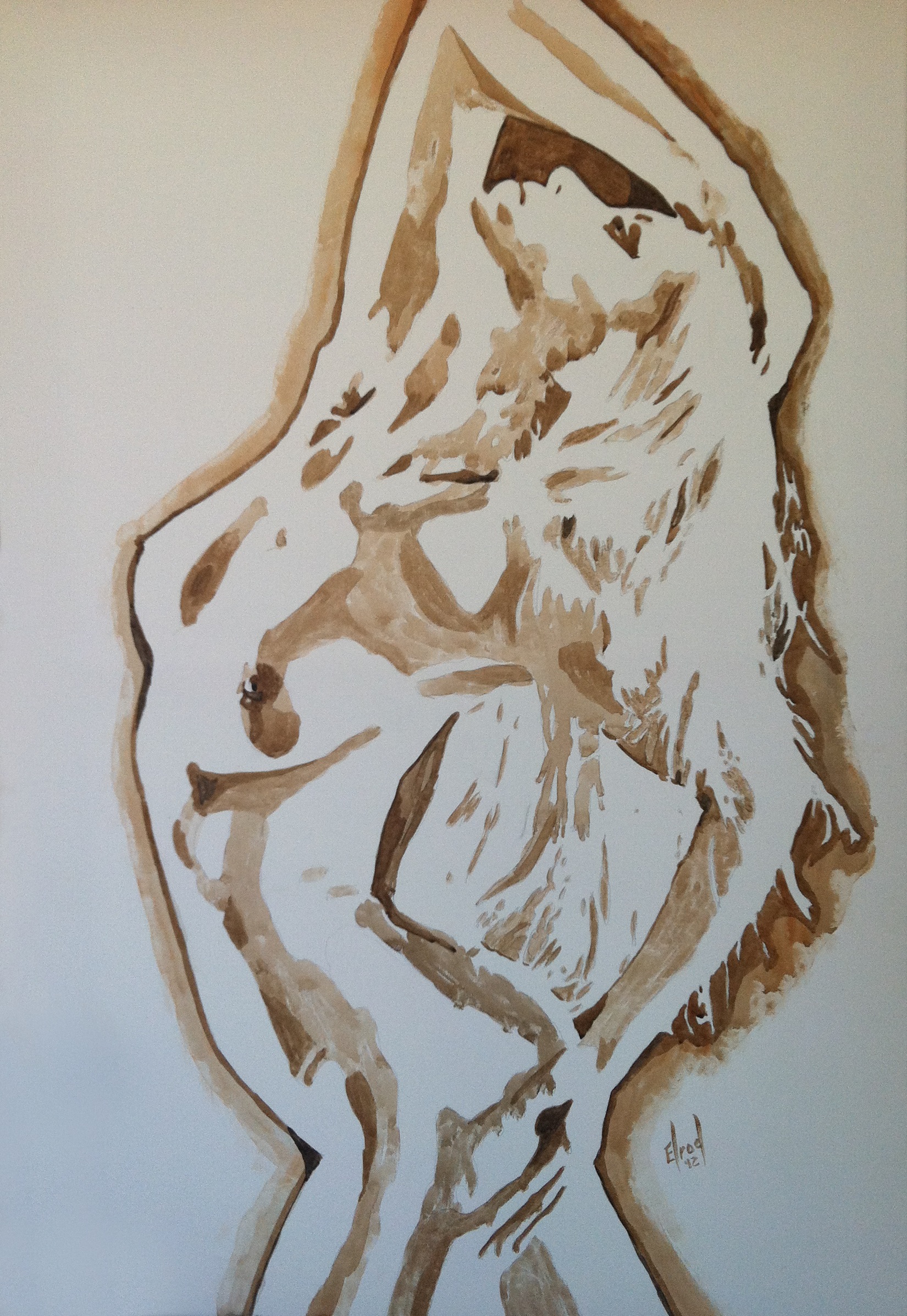Could pleasure transcend its conventional definitions of “frivolous amusement,” “a state of gratification,” or “desire,” as the Merriam-Webster dictionary suggests? Might it hold a more profound significance?
What if pleasure is a pathway to healing?
Those of us brought up in a fundamentalist religious home may find this question challenging to contemplate. Pleasure, our preachers, teachers, and parents told us, is the pathway to sin and, ultimately, eternal condemnation to hell—a place where the worms never die and pleasure-seekers are burned and tortured forever in fire.
Pleasure has been regulated throughout history by authoritarian male leaders who know that if their citizens, parishioners, and enslaved people experience pleasure (healing) rather than pain and suffering, leadership will lose control. Governments and religions have always taxed, censored, condemned, and punished pleasure.
One only has to see the abortion debate, a burka, tax on wine, the illegality of sex workers, censorship of adult books and entertainment, or read religious books such as the Holy Bible, Torah, Mishna, Talmud, and the Koran to be reminded that pleasure is the pathway to sin and hell.
An exception to that rule is Tantrism. Contrary to the forbidden pleasures of other groups, Tantrists emphasize the activation and sublimation of their own body’s possibilities, without which salvation is believed to be beyond reach. The Tantrists of the Vamchara sought to intensify their sense impressions by making enjoyment, or sensuality, their principal concern. They describe states of consciousness with erotic terminology.
One only has to read and apply the positions of the Kama Sutra, research the history of sacred sexuality, study Taoist teachings, and study the ancient civilizations and practices of Sumer, Babylon, and Mesopotamia to discover there is much more to pleasure than the teachings of the religions and governments that propagated (without pleasure, of course) from the Hebrew Bible.
What if we could completely separate pleasure and religion? What if we could believe that pleasure (on its own) can be a pathway to healing? What if, in reality, religion is a pathway to pain, suffering, guilt, anxiety, and fear?
These unhealthy feelings and emotions are the pathway that religion took me down. My career in ministry was a slave-driving, censored, pleasure-less journey that ended in horrific ostracization by my friends and co-workers, being ghosted by my children, and, ultimately, severe post-traumatic stress disorder.
I still have extremely disturbing and inception-like nightmares regularly to this day. Random events that trigger a gut-wrenching reliving of traumatic religious experiences of my past, such as exorcism of demons, needless deaths, false teachings, ignorance, harsh and cruel punishment, condemnation, religious leaders justifying incest and sexual abuse of children and youth, manipulation, and much more.
Somehow, gradually, after fifty long years, I was able to escape the religious cult (Southern Baptists) that imprisoned me. And I have begun a stumbling but steady path to healing. The first step was two years of professional therapy by a highly trained psychologist who specializes in my disorders. A crucial second step was utilizing innovative treatments using psilocybin (psychedelics) and consciousness therapy.
And now, I have stumbled (you can read that miraculous story HERE) upon a third step—tantric and body therapy. It was crucial to me that the practice is spiritual but not religious. My therapist has slowly, patiently, and gently guided me through sessions that have resulted in profound healing. The pathway she is utilizing to combat the indoctrinated and deep-seated guilt, fear, anxiety, and trauma is the pathway of pleasure.
Just as psilocybin therapy is restoring my brain neuron connectivity (my damaged mental pathways), my tantric therapist is restoring my body connectivity (my damaged physical pathways). I have come to understand these pathways of pain, suffering, guilt, shame, anxiety, and fear are intricately connected to my whole being: my mental, emotional, and spiritual health.
My therapist’s sincere countenance, patient guidance, and gentle, professional touch help me relax (tranquilo) and enjoy learning to embrace my natural feelings and instincts. She helps me dare to believe that pleasure is a beautiful (not a shameful) thing, a feeling that should trigger the healthy emotions of enjoyment and excitement rather than the unhealthy emotions of guilt, shame, anxiety, and fear. Tantric therapy is showing me how harmful it is that my masculinity was so heavily rooted in pain and destruction rather than pleasure and life.
My dearest friend Melissa recently told me about a podcast by Kimberly Ann Johnson, Pleasure as Pathway. I have listened to and re-listened to this robust dialogue and am absorbing its powerful truths. It builds beautifully on my writings here. I highly recommend it.
Listening to the podcast, I realized my tantric pleasure therapy provides a pathway that makes life feel worth it—it is very primal—it makes life more worth living. It is not a fantasy or imagining about my therapist but an in-depth warmth and joy of the experience itself. It is helping me get in tune with my inner sensuality, the erotic. And perhaps, most importantly, it is helping me develop a healthy and enjoyable relationship with pleasure, a pathway of healing.
